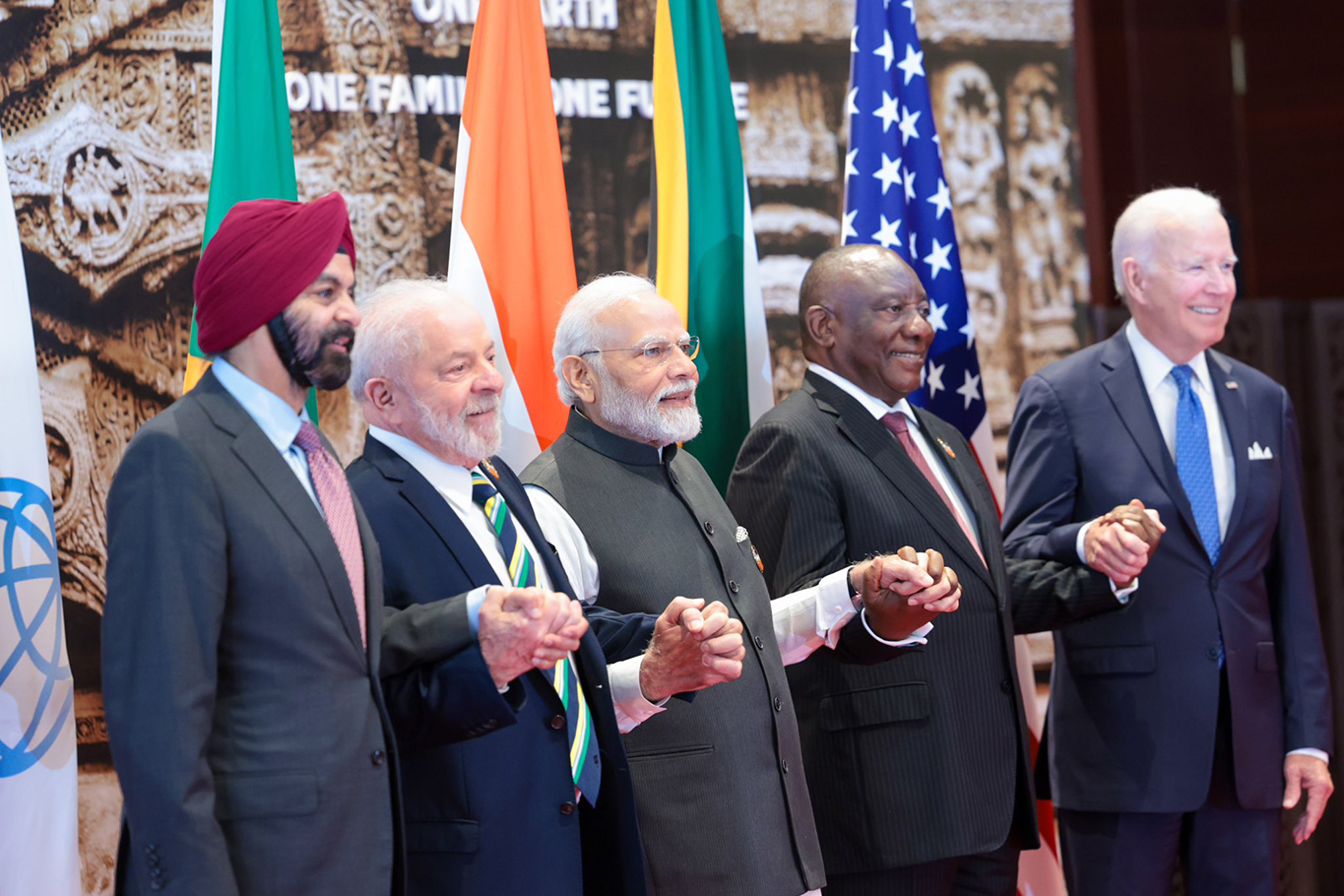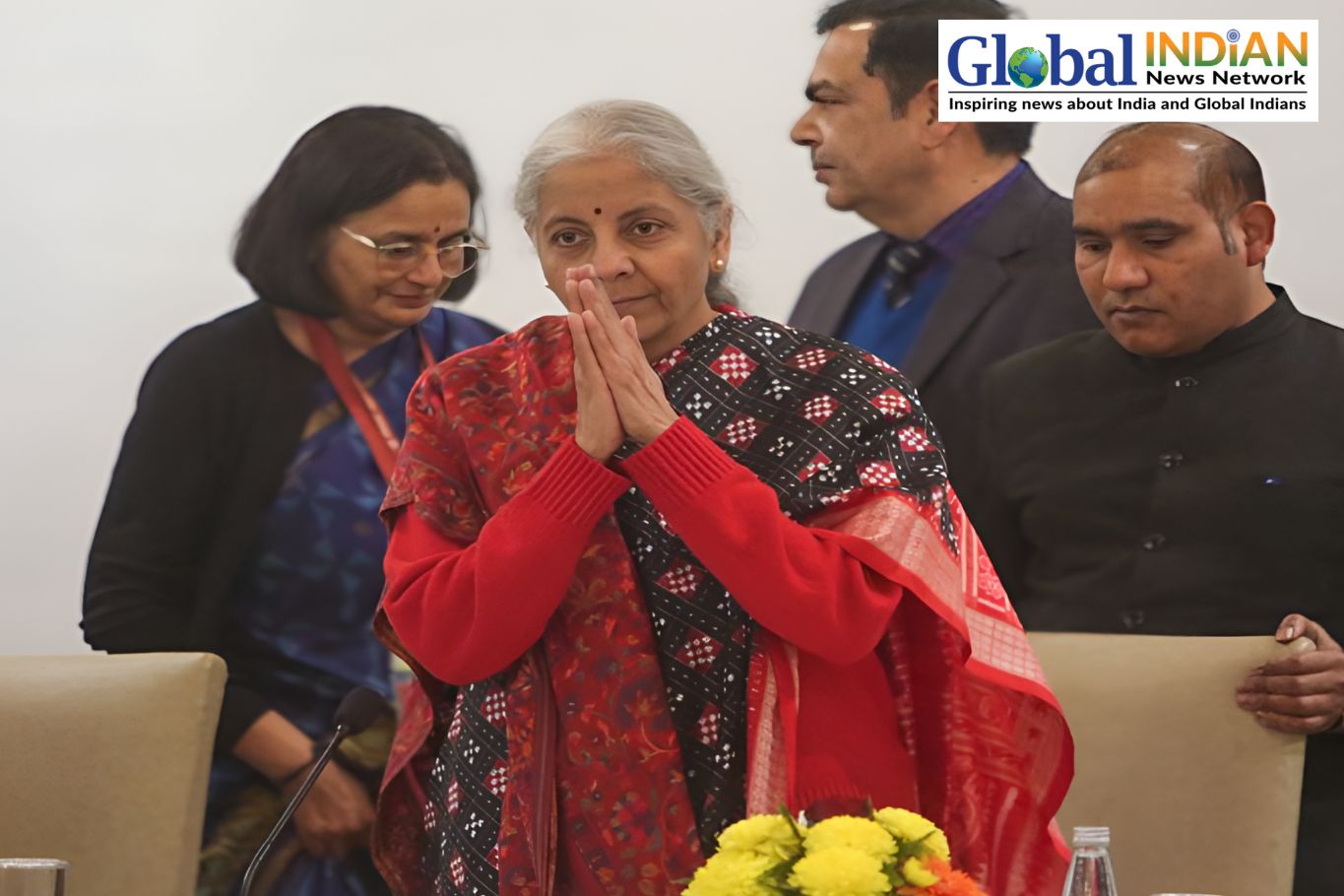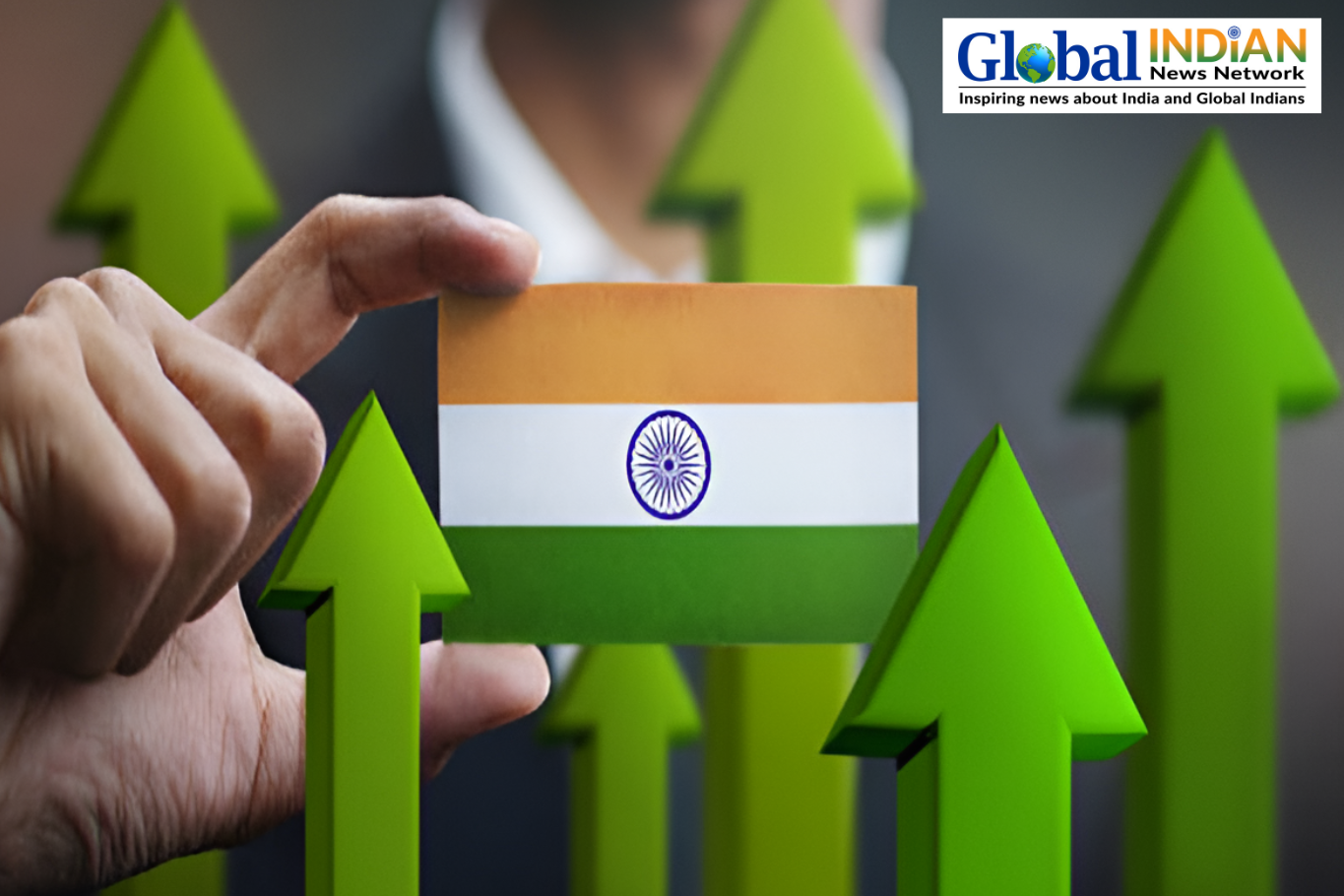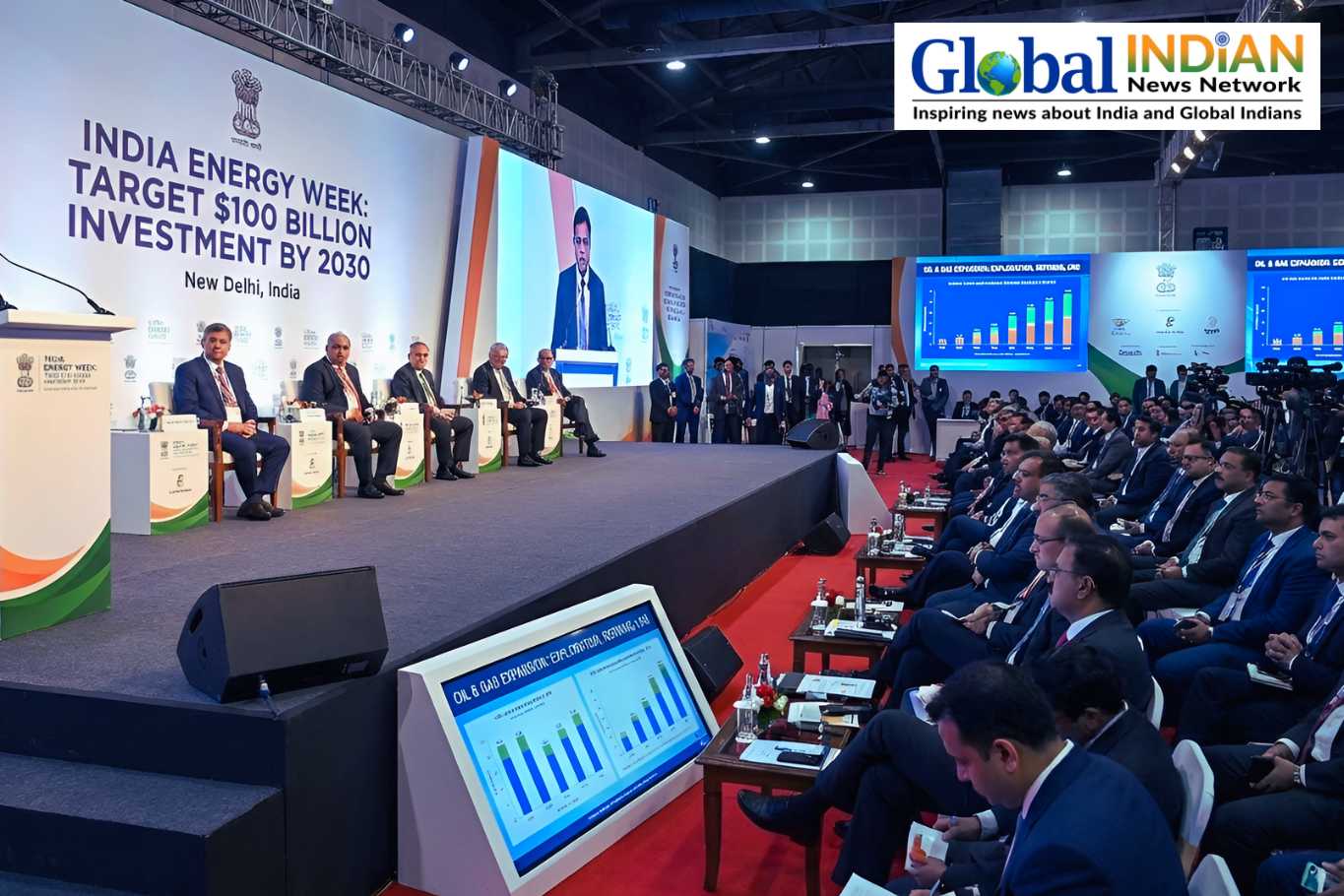
The G20 meeting, presided over by India, achieved remarkable success through extensive negotiations, resulting in a consensus-based Leaders Declaration. This diplomatic achievement was particularly notable given the significant divide between Western nations and Russia, supported by China, on the Ukraine issue. The G7+ countries had insisted on condemning Russia’s aggression against Ukraine, while Russia and China held firm against it.
Several factors contributed to India’s success. Prime Minister Modi’s adept diplomacy bolstered India’s global standing by nurturing ties with the US, European nations (especially France), and maintaining traditional relations with Russia. India’s increasing economic strength and its potential to become the world’s third-largest economy by 2027 enhanced its value as a partner.
India’s neutral stance on the Ukraine conflict during its G20 presidency allowed it to maintain maneuverability with both sides, ultimately earning credibility as a mediator. India’s leadership in the Global South also strengthened its position, with initiatives like the “Voice of the Global South” meeting and efforts to include the African Union as a G20 member.
Furthermore, India’s role as a counterweight to China in the eyes of the US and Europe increased its geostrategic significance. A failure to issue a joint declaration at the G20 would have been detrimental to India’s showcase of a resurgent nation and its partnership with the US.
Despite changes in G20 language, the US and Europe maintained their policies and actions on the Ukraine conflict. The US aimed to use the summit to advance its ties with India, and the joint statement reflected this intent. The mention of the Quad and the upcoming Quad Leaders’ Summit hosted by India in 2024 drew China’s attention.
The joint statement highlighted various collaborations between India and the US, spanning aerospace, technology, defense, and energy sectors. It also conveyed the growing US-India partnership to other G20 participants.
China perceived these expanding ties as a US attempt to form an anti-Chinese coalition, but the realities of the India-China relationship remained unchanged. Prime Minister Modi’s meetings at the G20, or lack thereof, underscored these dynamics. Additionally, the MOU on the India-Middle East-Europe economic corridor unveiled at the G20 highlighted India’s expanding global engagements.











